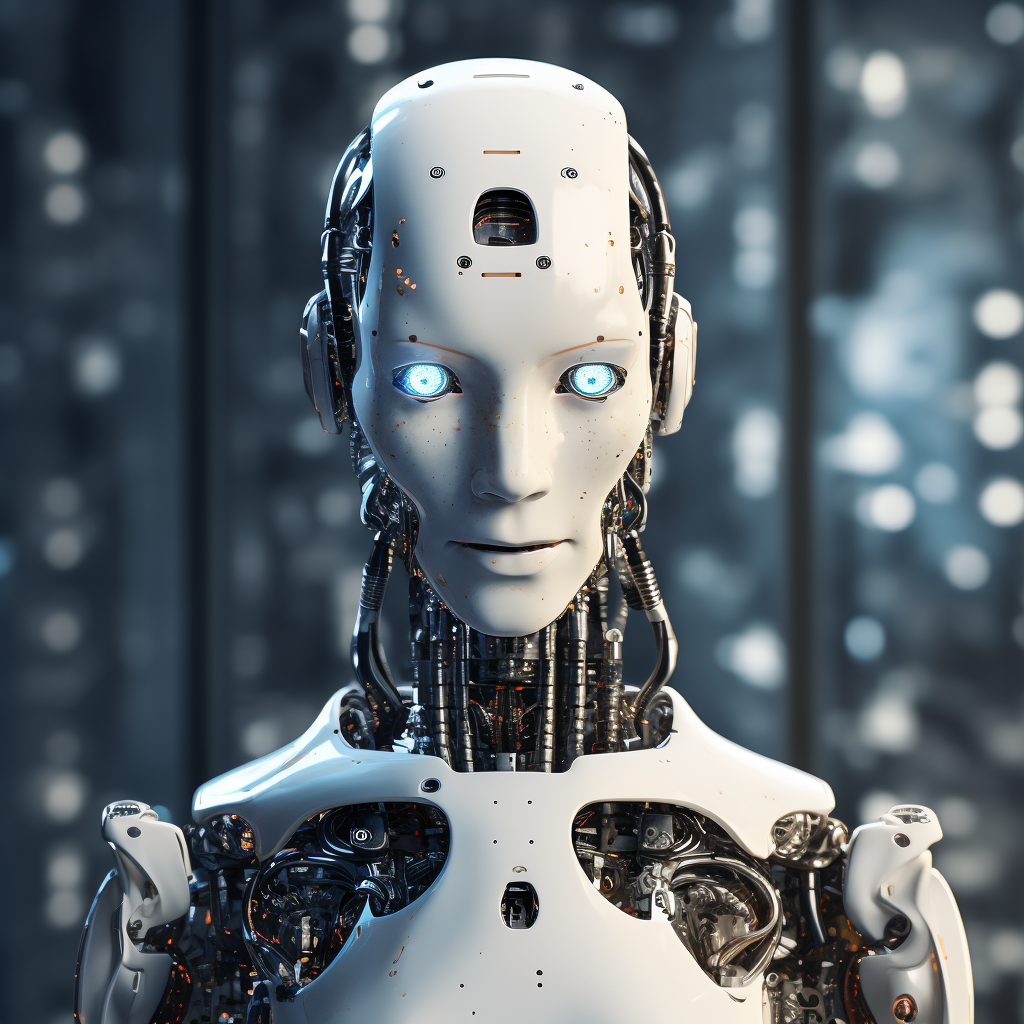In the last few decades, the world has witnessed an unprecedented surge in technological advancements, particularly in the realm of artificial intelligence (AI). From self-driving cars to personalized recommendation systems, AI has permeated almost every aspect of our lives, reshaping industries, economies, and societies in profound ways. In this blog post, we delve into the fascinating world of AI, exploring its potential, challenges, and ethical implications.
The Rise of Artificial Intelligence
Artificial intelligence, often abbreviated as AI, refers to the simulation of human intelligence processes by machines, especially computer systems. What sets AI apart is its ability to learn from data, adapt to new inputs, and perform tasks that traditionally require human intelligence. This capacity for learning and decision-making lies at the heart of AI's transformative power.
Applications Across Industries
The applications of AI are vast and diverse, spanning various industries and sectors. In healthcare, AI is revolutionizing diagnosis and treatment, from identifying patterns in medical imaging to predicting patient outcomes. In finance, AI-driven algorithms analyze vast amounts of data to detect fraud, optimize investments, and improve customer service. In transportation, self-driving vehicles promise to make roads safer and transportation more efficient. These are just a few examples of how AI is reshaping our world.
Challenges and Ethical Considerations
However, the rapid advancement of AI also brings forth significant challenges and ethical considerations. One major concern is the potential impact on employment, as AI and automation threaten to disrupt traditional jobs and industries. Additionally, there are concerns about bias in AI algorithms, which can perpetuate existing inequalities and discrimination. Ensuring transparency, accountability, and fairness in AI systems is crucial to mitigating these risks.
The Future of AI
Despite the challenges, the future of AI holds immense promise. As technology continues to evolve, we can expect AI to become even more integrated into our daily lives, driving innovation across various domains. From personalized education to environmental conservation, AI has the potential to address some of the most pressing challenges facing humanity.
Conclusion
In conclusion, artificial intelligence represents a paradigm shift in how we interact with technology and perceive the capabilities of machines. While the potential benefits are vast, it is essential to approach the development and deployment of AI with caution, considering the ethical implications and ensuring that it serves the collective good. By harnessing the power of AI responsibly, we can unlock new opportunities for innovation and create a brighter future for generations to come.

